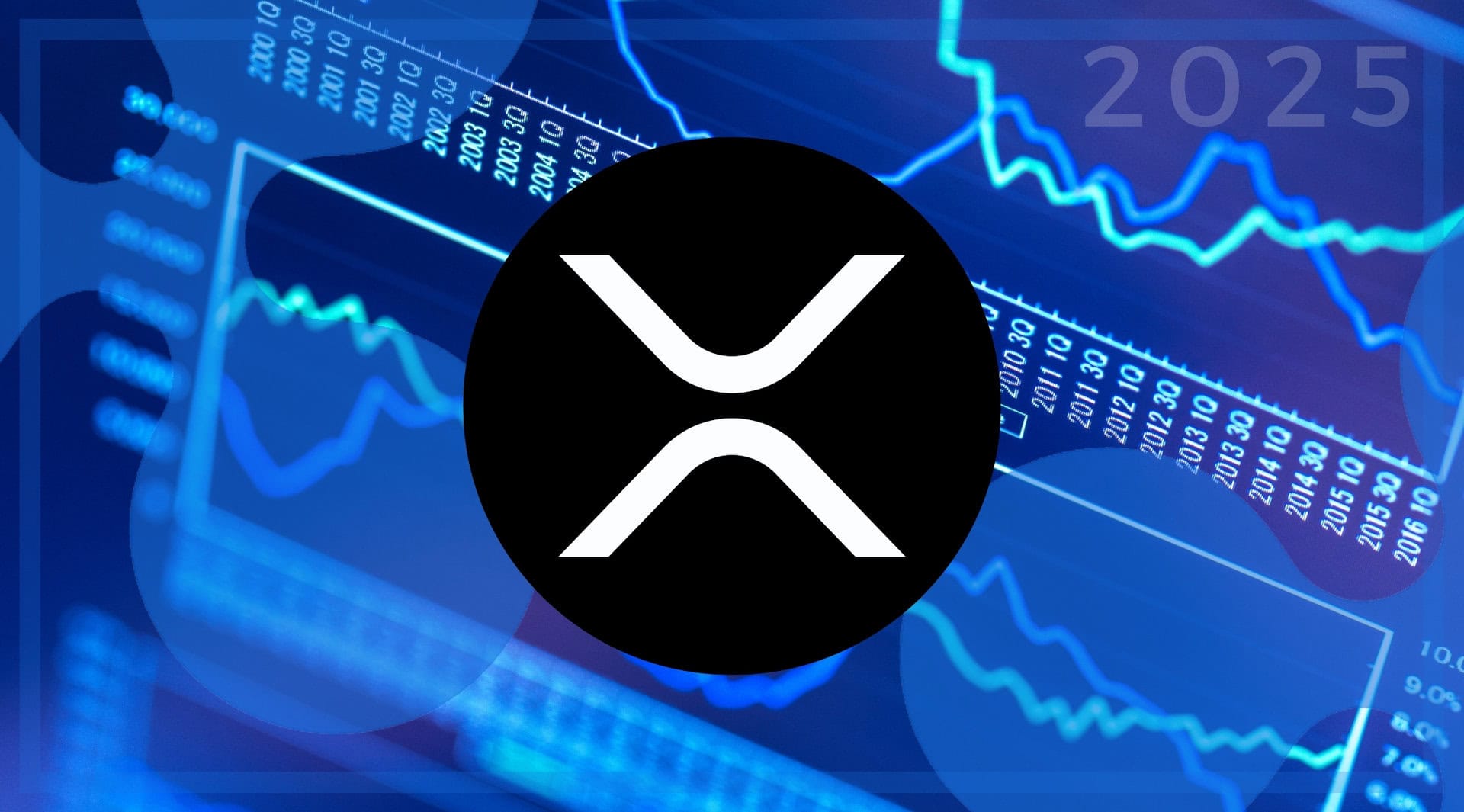In a bold statement that shows belief in the future of blockchain, Dragonfly Capital is raising a $500 million fund dedicated to early-stage crypto startups. As of September 2024, the firm has already raised $250 million toward this goal, with plans to complete the funding round by Q1 2025. This move comes amid a tumultuous period for the crypto sector, following the highs and lows of recent years. However, Dragonfly remains optimistic about the potential for growth and innovation in Web3 technologies.
“We believe in the transformative power of blockchain technology,” Anirudh Pai, a partner at Dragonfly Capital, remarked during an interview. “Our new fund is designed to support the next generation of Web3 technologies and protocols.”
Dragonfly Capital has consistently shown its ability to identify and invest in promising startups, backing over 100 digital-asset firms since its inception in 2018. Some notable projects Dragonfly has invested in include Ethena, Cosmos, and Monad Labs, each contributing to the evolution of decentralized finance (DeFi) and blockchain infrastructure. Their previous fund, raised in April 2022, totaled $650 million, further cementing their role as a key player in the space. The firm’s investment strategy involves focusing on early-stage projects, offering both capital and mentorship to help these ventures grow sustainably.
JUST IN: Dragonfly Capital closes $650M third fund in April 2022, plans to raise $500M for new fund despite crypto bear market.
— Nifty (@nifty0x) September 18, 2024
Market Conditions and Timing
The launch of this $500 million fund is timely, as the crypto market shows signs of recovery after enduring notable market swings. One of the key catalysts for renewed optimism has been the approval of Bitcoin exchange-traded funds (ETFs) by the U.S. Securities and Exchange Commission in January 2024. The approval marked a major milestone, leading to increased institutional interest in the sector, boosting Bitcoin prices by 12% within the first quarter of the year. “The market is ripe for innovation,” said Merritt Vale, a crypto analyst. “Venture capital is crucial in driving these new developments, especially in times of market recovery.”
#VCs are continuing to pull back from #crypto, an industry that’s been plagued by scandals, a market downturn and regulatory uncertainty. Private funding for crypto startups in the first quarter of this year plunged to its lowest level since 2020.https://t.co/7JeTOqfx4U
— #DisruptionBanking (@DisruptionBank) April 13, 2023
Dragonfly’s new fund aims to speed up the development of Web3 technologies, particularly in areas such as Ethereum Layer 2 solutions, decentralized exchanges, and liquidity management platforms. Layer 2 scaling, an essential part of Ethereum’s ecosystem, addresses the network’s congestion issues by enabling faster and cheaper transactions. One such project in their portfolio, Caldera, is leading innovations in reducing liquidity fragmentation, a critical issue for decentralized finance platforms. As Pai explained, “We see huge potential in projects like Caldera that are solving liquidity issues across multiple blockchains.”
The response from the broader crypto community has been overwhelmingly positive. Industry leaders like Joseph Lubin, the founder of ConsenSys, have expressed his support for Dragonfly’s initiatives. “This $500 million fund is a significant vote of confidence in the crypto space,” Lubin noted in a recent podcast. “Venture capital has been instrumental in pushing Web3 innovation forward, and it’s early-stage investments that often deliver groundbreaking technologies.”
Successful Early-Stage Crypto Projects
Here are a few examples of early-stage crypto projects that have achieved significant success.
These projects started as early-stage ventures and have grown to become significant players in the crypto ecosystem. Their success stories highlight the potential of innovative blockchain technologies to transform various industries.
One is Solana (SOL), a high-performance blockchain that supports builders worldwide in creating crypto apps that scale today. Launched in 2020, Solana has become one of the fastest blockchains, capable of handling thousands of transactions per second. Its success is attributed to its innovative Proof of History (PoH) consensus mechanism, which significantly improves scalability. As of 2024, Solana’s market cap has reached approximately $71.60 billion, making it one of the top ten cryptocurrencies by market capitalization.
Another is Polygon (MATIC), formerly known as Matic Network, which is a Layer 2 scaling solution for Ethereum. It aims to provide faster and cheaper transactions on the Ethereum network. Since its launch in 2017, Polygon has seen widespread adoption, with numerous decentralized applications (dApps) building on its platform. So far, Polygon has integrated with over 400 dApps — according to DeFi data tracker DeFi Teller — and has a market cap of approximately $1.19 billion.
#VCs are still pumping money into #crypto #startups, with @a16z breaking records last week by raising $4.5bn dedicated to crypto, and @binance's venture-capital arm raising $500mn
— #DisruptionBanking (@DisruptionBank) June 2, 2022
But signs of cracks have begun to appear in recent weeks #cryptofundhttps://t.co/uHvH64ZmPm
Not left out is Chainlink (LINK), a decentralized oracle network that enables smart contracts to interact with real-world data securely. Launched in 2017, Chainlink has become a critical infrastructure for many blockchain projects, providing reliable data feeds for various applications. Chainlink’s technology is used by more than 1,600 projects, and its market cap has grown to over $8 billion by 2024.
Uniswap (UNI) is a decentralized exchange (DEX) that allows users to trade cryptocurrencies directly from their wallets. Launched in 2018, Uniswap has revolutionized how people trade crypto by eliminating the need for intermediaries. It has become one of the most popular DEXs in the crypto space, with a daily trading volume often exceeding $1 billion. By 2024, Uniswap’s market cap has reached approximately $4 billion.
Aave (AAVE) is a decentralized finance (DeFi) protocol that allows users to lend and borrow cryptocurrencies. Launched in 2020, Aave has introduced innovative features like flash loans and credit delegation, making it a leading player in the DeFi space. As of 2024, Aave’s total value locked (TVL) in its protocol exceeds $12 billion, highlighting its significant impact on the DeFi ecosystem.
Filecoin (FIL) is a decentralized storage network that turns cloud storage into an algorithmic market. Launched in 2020, Filecoin allows users to rent out their unused storage space and earn FIL tokens in return. It aims to create a more efficient and secure way to store data. By 2024, Filecoin’s network has grown to store over 2 exabytes of data, with 463 exabytes of data predicted to be created each day by 2025.
These examples demonstrate the potential for early-stage crypto projects to achieve significant success and impact. With the right support and investment, such as ParaFi Capital, Borderless Capital, Drift’s $25M Series B round, and Dragonfly Capital’s new fund, the next wave of innovative blockchain technologies could be just around the corner.
Today, at Breakpoint in SG, we announced a $25M Series B round, with total funding up to $52.5M to date to take us 100x from where we are now
— cindy (@cindyleowtt) September 20, 2024
This funding will accelerate our pathway to become the most liquid, composable and capital-efficient DeFi platform in crypto across… pic.twitter.com/XiQULE0h2w
Dragonfly Capital’s $500 million fund represents a strong endorsement of the continued growth and evolution of the crypto market. As the blockchain sector matures, early-stage investments like this will be crucial in driving innovation. With a strategic focus on key areas such as Ethereum scaling and liquidity management, Dragonfly Capital is positioned to shape the future of Web3 technologies.
Author: Ayanfe Fakunle
The editorial team at #DisruptionBanking has taken all precautions to ensure that no persons or organisations have been adversely affected or offered any sort of financial advice in this article. This article is most definitely not financial advice.















